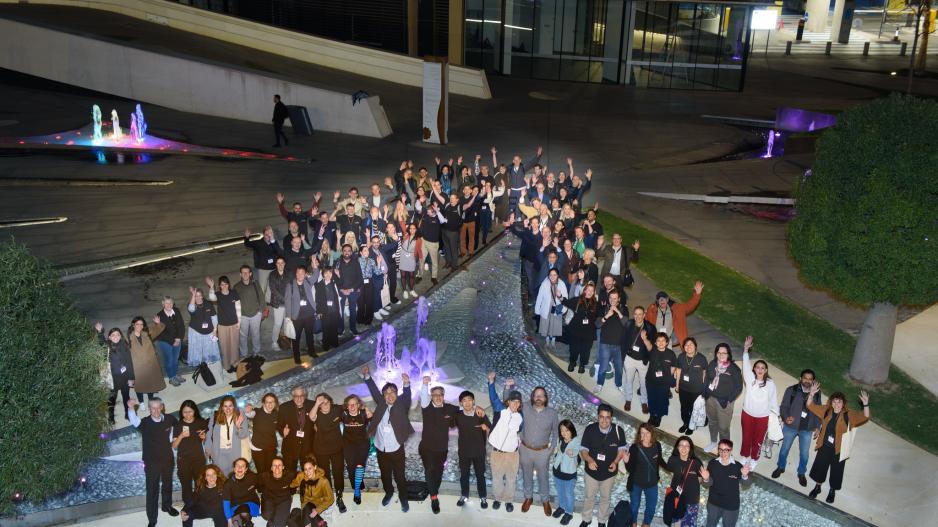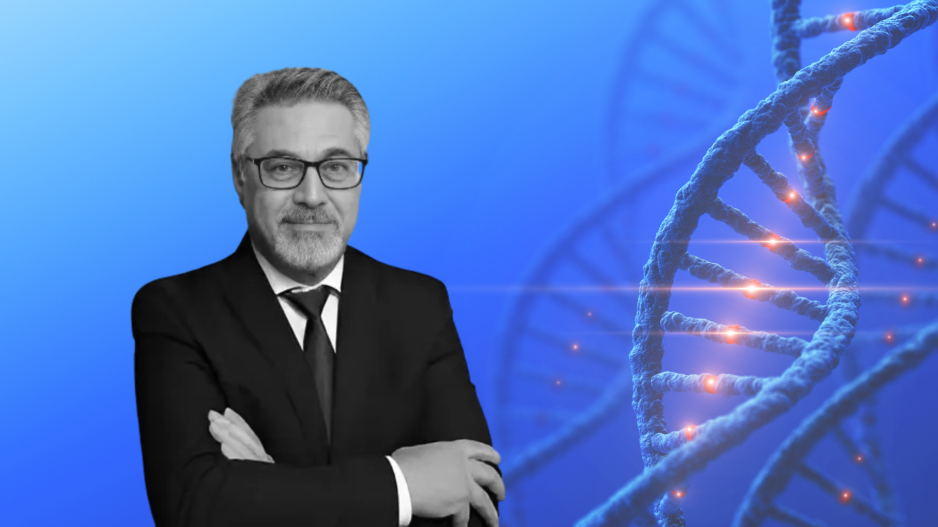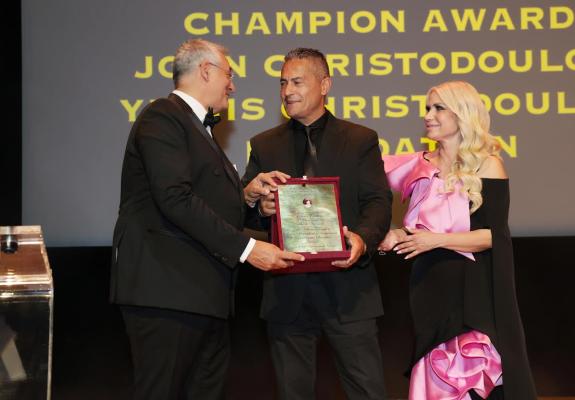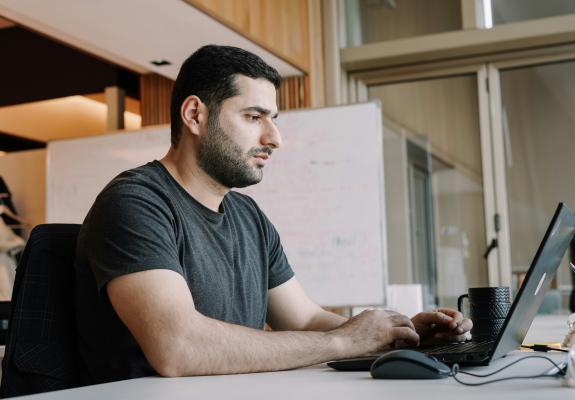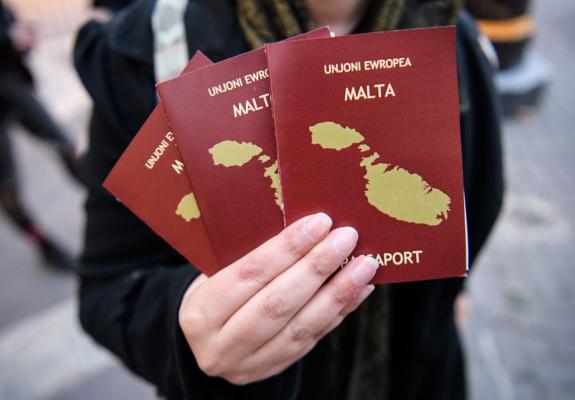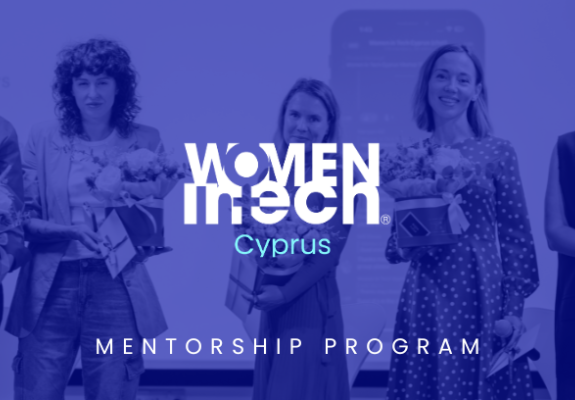Constantinos Deltas: Decoding the Architecture of Cypriot DNA
biobank.cy Founder and Director Speaks About the Importance of a Dedicated Cypriot Genome Reference and the Future of Personalized Medicine
biobank.cy is a pioneering Center of Excellence in Biobanking and Biomedical Research that is transforming healthcare in Cyprus. By collecting, analyzing, and preserving biological samples and health data, it fuels innovative studies that illuminate everything from rare genetic disorders to population-wide health trends. Its influence stretches beyond the island, bolstering collaborations and sparking scientific advancements with global impact.
To learn more about biobank.cy’s trailblazing work, we spoke with its founder and director, Professor Constantinos Deltas. In our conversation, he reflects on his early passion for human genetics, shaped by a background in Pharmacy and Biochemistry, and shares how he spearheaded the creation of Cyprus’s first approved Biobank. He also outlines how the center is shaping the future of healthcare—delving into personalized medicine, expanding local research capabilities, and driving improved outcomes for patients and communities.
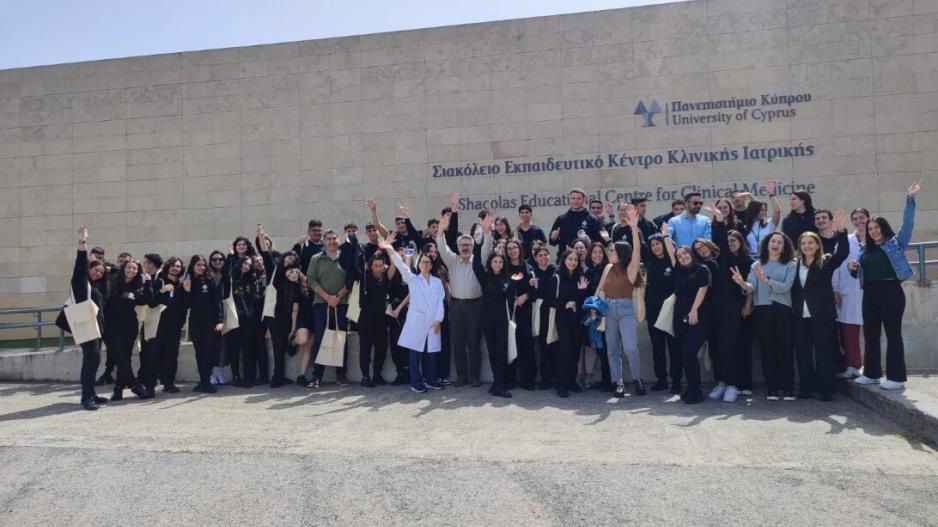
Since my early youth at school, I was inspired by science, although I also excelled in letters and literature. I knew very early on that I was going to pursue a career in research. I first studied Pharmacy in Athens, a biomedical health concerned field that gave me solid knowledge and foundation of chemistry and pharmaceutics as well as a broader understanding of biological systems. On the third year of my studies, I attended the first formal course in Biochemistry, and I had a brain click, which prompted me to pursue a PhD and research. I obtained a scholarship from USA Universities, and I gained my PhD in Biochemistry from Rutgers, the State University of New Jersey, in 1988. As a Biochemist I extended my education and training in molecular biology and human genetics, starting with my dissertation on the study of osteogenesis imperfecta and other extracellular matrix disorders in the lab of my mentor Prof. Darwin Prockop, a pioneer in the field. Always inspired by a motivation for new discoveries, I remained in academic research and pursued postdoctoral training at the Jefferson Inst. of Molecular Medicine, Phila, USA and at the Duke University Medical Center, Div. of Neurology, with famous Prof. Allen Roses (he showed the association of late-onset Alzheimer disease with APOE ε4).
I returned to Cyprus in 1991... I was perhaps the first human geneticist with a PhD. My focus has been molecular genetics and genetic medicine, a fascinating field
I returned to Cyprus in 1991, recruited by Prof. L. Middleton who was starting the Cyprus Institute of Neurology and Genetics (CING). I was perhaps the first human geneticist with a PhD. My focus has been molecular genetics and genetic medicine, a fascinating field.
With my deep long-standing involvement in medical research and especially in human genetics, I came to realize a significant unmet need in the Cypriot biomedical research ecosystem. There was no large scale systematic biospecimen collection and high-quality data archiving that one could have access to, for using in all kinds of research, including case-control studies, prospective studies, epidemiological and genetics studies and even clinical trials, in the Cypriot population. Biobanks are medical infrastructures that have existed for several decades as sine quo non instruments to address these challenges, while they also offer their well-organized environment to serve as custodians to the material and data of other Cypriot researchers who have such a need to support their projects, either on their own or as members of national and international collaborations. In 2009, the March issue of Times magazine, had a dedicated theme on 10 ideas that are changing the world. Number 4 on the cover page list was the Biobanks.
The decision to create a Biobank was critical and was long awaited. The opportunity came when in the Cyprus Research Promotion Foundation (renamed to Research and Innovation Foundation), announced a new call for research aimed to create new infrastructures in the framework of the Cyprus Smart Specialization Strategy. The money per project in the health field was up to 4mi euro, which could be a good start. Our proposal succeeded in ranking first amongst 42 submissions. The budget was cut to 2mi euro because by the time the project started in December 2010 the economic crisis had ensued which also hit Cyprus.
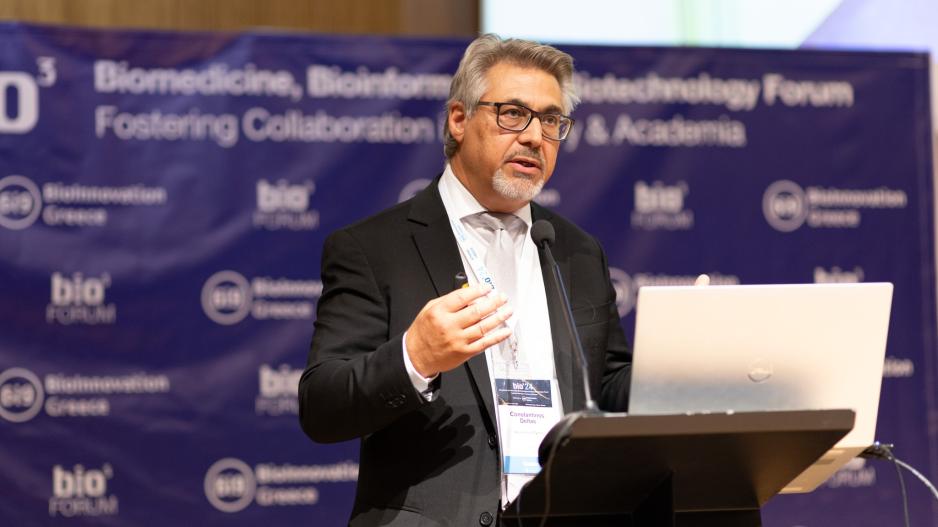
In 2019 we succeeded in obtaining another grant from the European Union, for starting biobank.cy, a Center of Excellence in Biobanking and Biomedical Research. The total budget was 15mi from the EU, 15mi from the Cyprus Government and 8mi from the University of Cyprus, to spend over a horizon of 16 years. The Cyprus Human Genome Project is indeed central to this project which aims to study in a holistic manner the human genome with deep genotyping and phenotyping in a way never done before. For the first time we are unraveling genetic data of thousands of volunteers who participate in the Biobank, for creating the reference genome of Cypriots in a comprehensive manner.
For the first time we are unraveling genetic data of thousands of volunteers who participate in the Biobank, for creating the reference genome of Cypriots in a comprehensive manner
We are already in the process of evaluating the data and canvassing the architecture of the Cypriot DNA, building a detailed picture of the Cypriot genetic morbid anatomy. This is expected to enable new health policies or modify existing ones, in collaboration with the medical community and the health authorities, with great medical and socioeconomic impact. Both rare and complex diseases are to be benefited as new knowledge is discovered through the various projects in progress regarding genetic and biochemical markers of disease. As added value, more benefits are to be derived from projects of other colleagues on environmental factors of disease, greatly facilitated through the Biobank infrastructure.
The Cypriot population has many genetic traits common to many other populations around the world, especially common to other Mediterranean countries, but also many unique traits owing to its history and environment. For example, our work unraveled several disease founder phenomena, thereby many patients with a common rare disease share a common ancestor.
Being a small population is a challenge on its own, therefore building a Biobank offers the best strategy to collect and archive data from all around the island in a systematic and safe way
Being a small population is a challenge on its own, therefore building a Biobank offers the best strategy to collect and archive data from all around the island in a systematic and safe way, creating registries and cohorts for current and future studies by interested parties. Also, this is the only way to participate in larger cohorts in consortia with other research teams, hence empowering epidemiological studies we could not have done on our own owing to small statistical power. One great advantage of the small geography is that we can easily reach out participants who volunteer to enroll in the Biobank from anywhere on the island. Also, to comfort the worries of the community we must have, and we do have physical and digital systems and procedures that ensure safety and confidentiality, in compliance with the General Data Protection Regulation. The Biobank is operating with approval by the Cyprus National Bioethics Committee while every research project operated through the Biobank has its own approval and dedicated consent form.
There are two main avenues through which the biobank.cy is promising to benefit the Cypriot citizen. One is through the development of the Biobank itself, as a biomedical research infrastructure which has created already and is further promoting new prospects for next generation biomedical research, with new tools and new instruments, giving easy access to population data and biospecimens that any researcher in Cyprus and abroad can exploit to answer health questions. Many participants have and will have direct benefits, if they are faced with genetic issues.
Some of our findings have shaped not only the local health care community but also the world renal community
The other avenue is the development of separate research projects relating to inherited conditions, including kidney diseases and cardiac conditions, which are two common life-threatening conditions worldwide. Research projects in progress in our labs have identified hundreds of families with patients and relatives who have inherited or are at risk of inheriting life-threatening situations, in a very systematic manner. Some of our findings have shaped not only the local health care community but also the world renal community. Personalized medicine is already in place for several disorders, benefiting patients with renal and cardiac disorders as well as others, based on the correct and early diagnosis, two fundamental milestones which enable early and correct treatment, thus saving kidneys and hearts, consequently saving lives and contributing to the reduction of the health authorities budgets.
Currently, biobanking efforts are capturing a snapshot of the Cypriot population's genetic makeup. If these efforts continue over time and incorporate follow-up studies, they will provide valuable opportunities to gain deeper insights into the Cypriot gene pool and its genetic mutational load. Such studies will also allow for the evaluation of the population's morbid anatomy considering evolving demographic patterns, including increased intermarriage with foreigners, substantial migration waves, and gene flow. These phenomena have shaped the genetic landscape of Cyprus in the past, and the imprint of previous population admixtures is still evident in the DNA composition of the present-day Cypriot population. Health care professionals are slowly but steadily recognising the benefits of collaborating with the Biobank experienced personnel while also reaching out to its infrastructure tools and facilities. A significant legacy to leave to the scientific community and health care professionals, is the new opportunities the Biobank is creating for next generation, by archiving a treasure of data and material to explore in the pursuit for better treatments of disease and new biomarker discovery.
